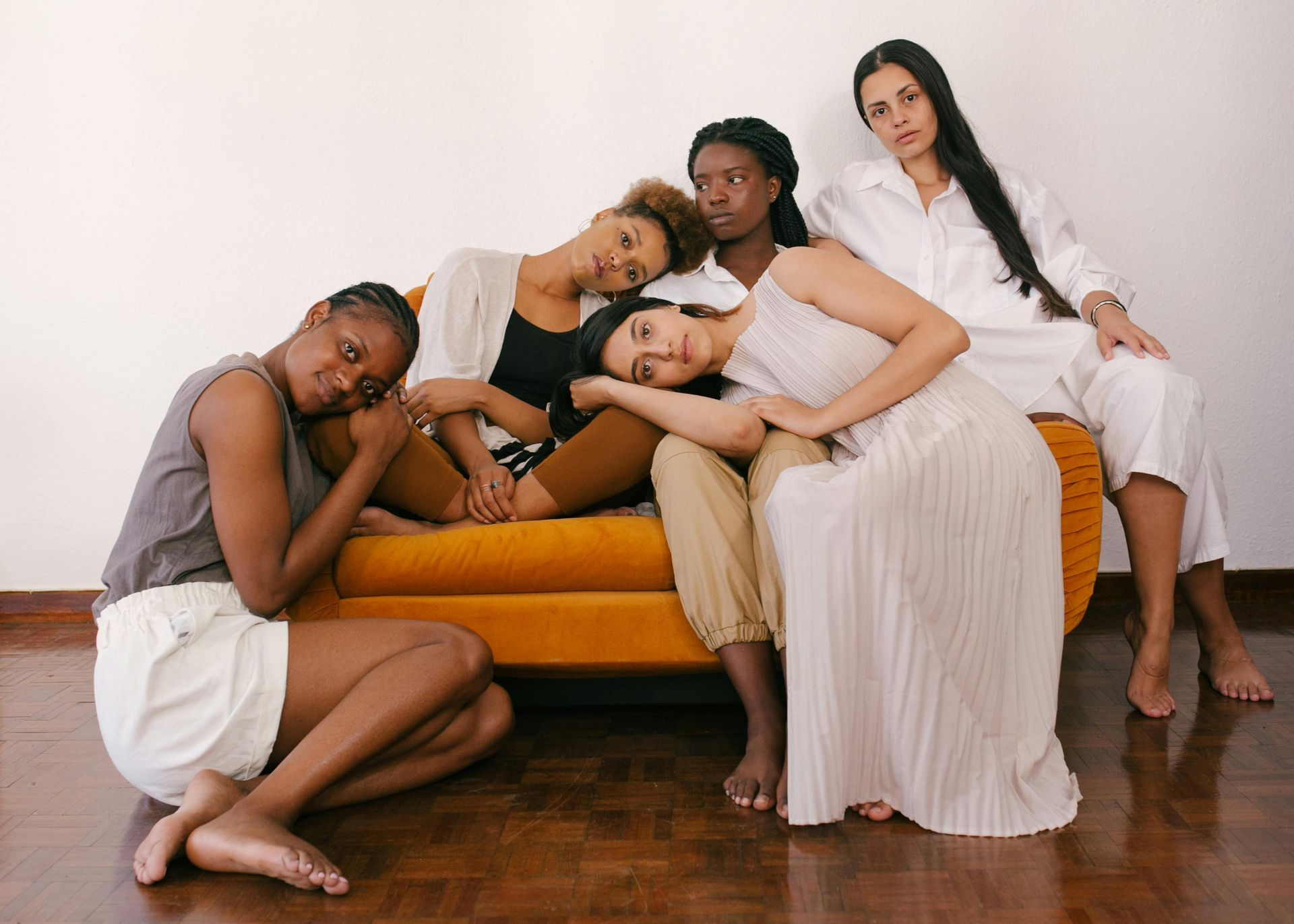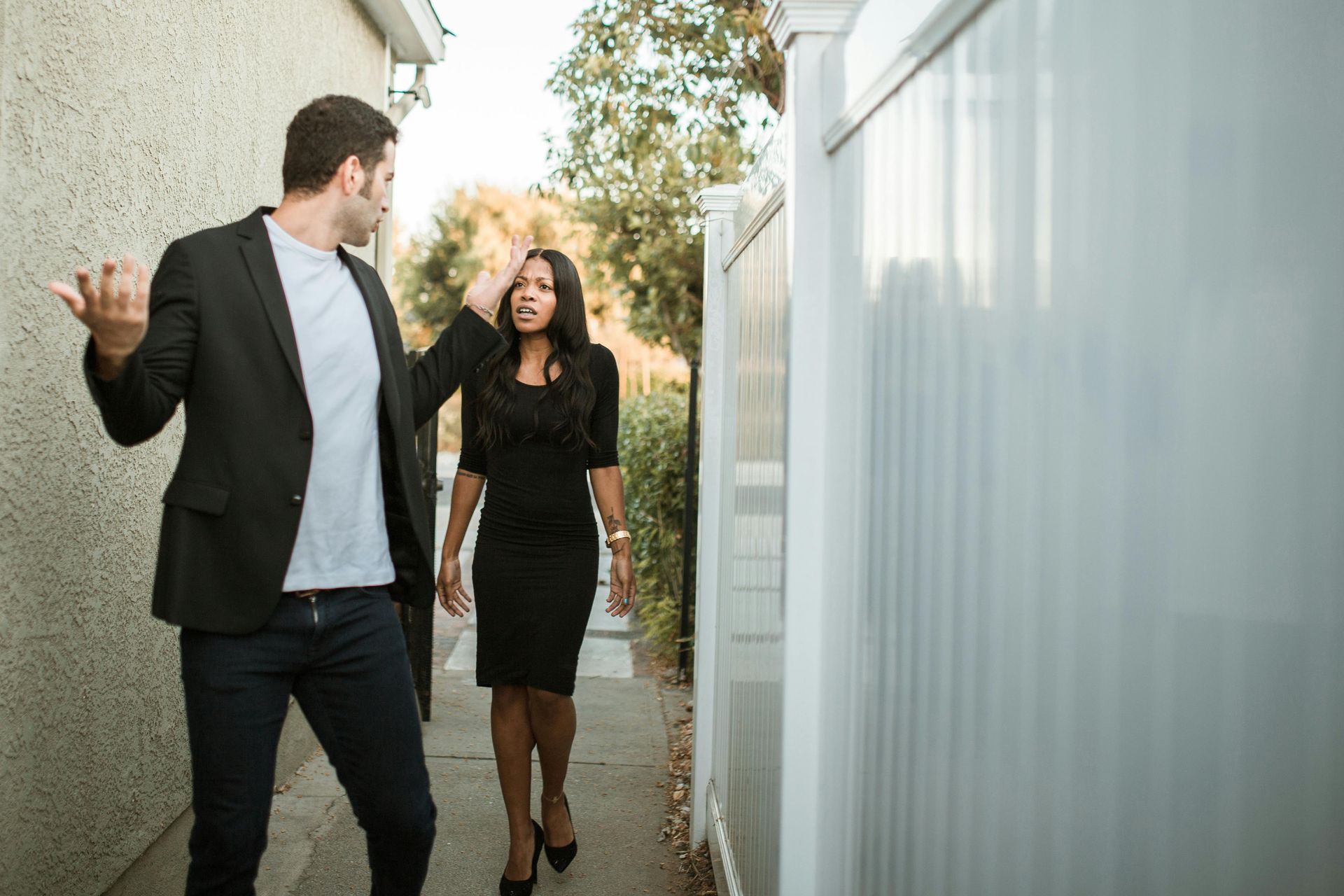Finding Compassion in the Face of Loss: Support for Those Who Have Lost Someone to Gun Violence

An Unimaginable Tragedy
Losing a loved one to gun violence is an unimaginable tragedy that leaves deep emotional wounds, creates practical challenges, and can change the course of life in an instant. In today's society the grief associated with constant gun violence extends beyond the immediate loss of loved ones; it casts a long shadow over entire communities, profoundly affecting our youth. Even when there's no big tragedy happening, the threat of gun violence hangs over us like an unwelcome shadow. It’s kind of like having a party where there's that one guest who just makes things feel off. This shared unease seeps into our neighborhoods, schools, and the lives of our young folks just trying to figure things out in a world that feels risky. We're all in this together, carrying the weight of these feelings and leaning on one another as we look for ways to heal and create safer spaces.
If you’re feeling this, remember—your feelings matter, and you deserve kindness and support. There’s no judgment here, just a lot of love. I’m here for you, ready to offer a comforting presence as you navigate the tough times that come with loss.
The Immediate Aftermath
In the initial shock of loss, it can feel impossible to make sense of anything. Emotions can be overwhelming and disorienting, but know that you don’t have to “make sense” of it. Give yourself permission to feel what you need to feel, even if it’s disbelief or numbness.
- Shock and Disbelief: In the first days, it’s common to feel like reality has fractured. This shock can be a form of emotional self-protection, and it’s okay to go through this phase at your own pace.
- Ride the Waves of Emotion: Grief ain't no joke. It hits you with all sorts of feelings—sadness, anger, guilt. It's a wild ride, and guess what? It's okay to feel it all. Don't rush through it. Feel the feels when they show up, no matter how tough they are.
- The Practical Stuff: Life doesn't pause when grief hits. There's all sorts of paperwork and arrangements that need sorting out. It can feel like climbing a mountain on roller skates. Don't be afraid to lean on your folks or get some professional help. You need time to grieve without extra stuff weighing you down.
- Life's Pause Button: Grief's got a way of hitting pause on everything else in your life. Work or school might feel like an impossible feat right now. Take it day by day. Healing ain't a race, it's a journey.
- Grief in the Flesh: Grief ain't just emotional, it can hit you physically too. You might lose sleep, or your appetite, or find it hard to focus. Try to take care of yourself—even if it's just a hot cup of tea, a nap, or a little stretch. It might not take the pain away, but it can help you get through the day.
How Grief Shakes Up Relationships
Grief can be a lonely journey, especially if the folks around you don't know how to help. Setting boundaries and asking for what you need can make things a bit easier, even if it's tough at first.
- Relationship Strains: Sometimes, the people who love you the most just don't get it. Seek out the folks who'll listen without judging, or find a support group where you can share your story.
- Family Dynamics: Losing someone can really shake things up in your family. Roles might change, and it can feel pretty stressful. Try to be patient with each other, and remember that everyone grieves in their own way.
- Fear of More Loss: Grief can make you worry about losing other people you love. Try to stay in the present moment, practice mindfulness, or create rituals that honor your loved one without fear for the future.
- Intimacy Issues: After a loss, it can be hard to form new relationships or maintain closeness in existing ones. Give yourself time and space to rediscover your emotional needs. Healing is a process, and intimacy will come when you're ready.
Grief Ain't One Size Fits All
Everyone experiences loss differently, and these differences can bring unique challenges. Recognize these and give yourself the grace to grieve in your own way.
- Children: Kids might struggle to understand death and may act out or withdraw. Be patient, reassure them, and have conversations that help them feel safe as they process their emotions.
- Parents: Losing a child is a pain like no other. Be gentle with yourself, and remember that feeling guilty is a common response. Support groups or grief counseling can offer a safe space to process these intense feelings.
- Siblings: Sometimes, siblings feel overshadowed by others' grief. Honor your unique connection with your loved one and grieve in a way that feels right for you, whether that's through art, talking, or quiet reflection.
- Partners/Spouses: Losing a life partner can feel like losing a part of yourself. Find small ways to keep their memory alive, while gradually rediscovering who you are. It's okay to move at your own pace.
- Witnesses or First Responders: If you witnessed the event or were the first on the scene, you might be dealing with PTSD or secondary trauma. Professional counseling can offer techniques for managing these feelings and creating a path forward.
Compassionate Support and Moving Forward
If you're grieving the loss of someone to gun violence, remember you don't have to carry this weight all on your own. Reach out when you need it, lean on your loved ones, and explore support groups or professional help. Grief is a journey, and it's uniquely challenging, but you can still find moments of peace and solace along the way.
Above all, be gentle with yourself. You've been through something deeply painful,
and your healing doesn't have to look any particular way.
Give yourself all the patience, grace, and compassion you deserve.



